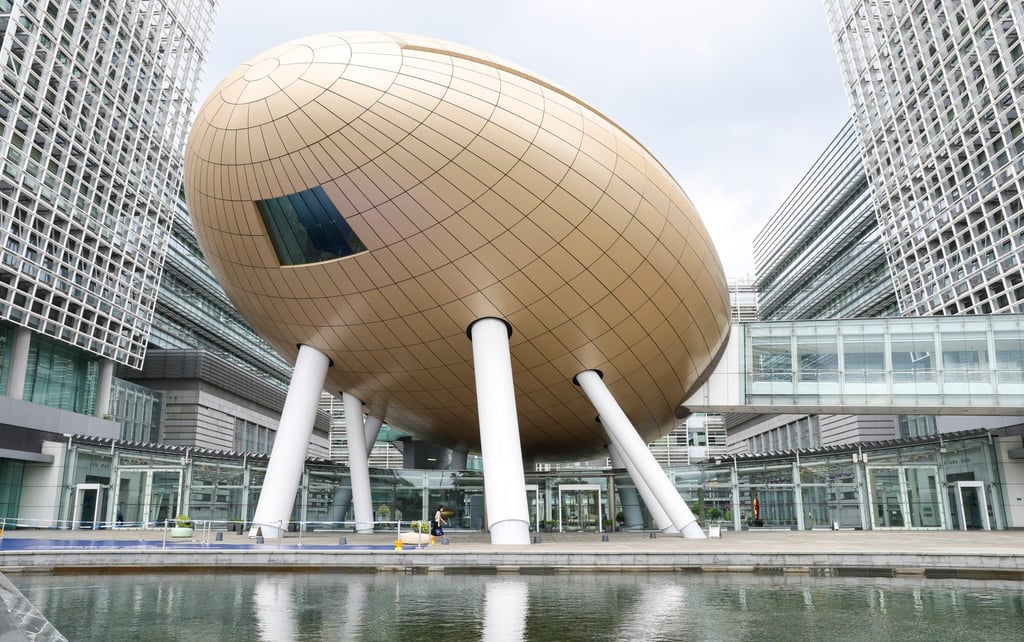Climate change: why Hong Kong needs to do more to help green-tech start-ups with carbon-reduction certification
- Hong Kong needs to fill a void in services like certifying carbon-emission reduction benefits of new applications, says founder of green-tech start-up Achelous
- Achelous has developed a prototype based on its proprietary ion-exchange technology, which has the capability to absorb the carbon dioxide equivalent of 48 trees in a year

Hong Kong, which has ambitions to become an international green technology and green finance centre, needs to fill a void in services like certifying the carbon emission reduction benefits of new applications, according to a green-tech entrepreneur.
Achelous Pure Metal, which is based in Hong Kong Science and Technology Park, has developed a system based on its proprietary ion-exchange technology for capturing carbon dioxide from the atmosphere. The carbon particles are processed to make soil-enriching compost and other eco-friendly materials.
“We have discussed with green certification providers such as the government’s Hong Kong Quality Assurance Agency [HQAA], but they have indicated that there is not yet an internationally recognised measurement standard for this application currently,” said Shawn Cheng, the start-up’s co-founder and R&D director.
“We are stuck at the small-scale pilot stage, because without third-party endorsement it is not easy for us to raise money to scale up.”

Achelous has been testing the system at collaboration partner Chinachem Group’s properties such as Nina Tower in Tsuen Wan.